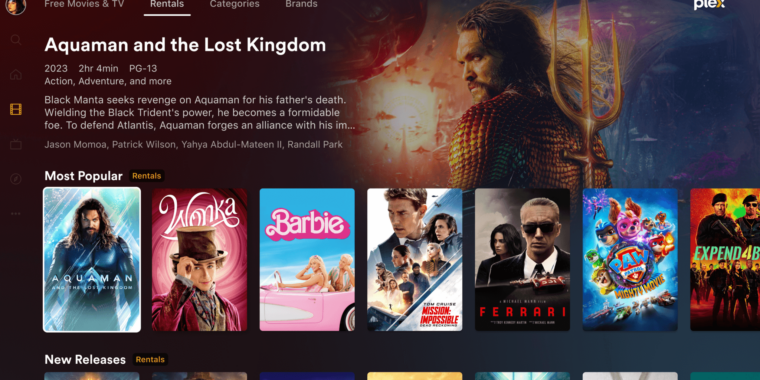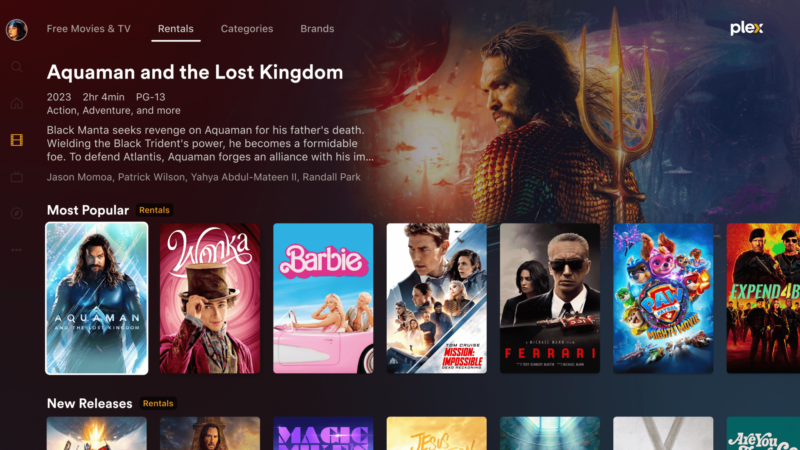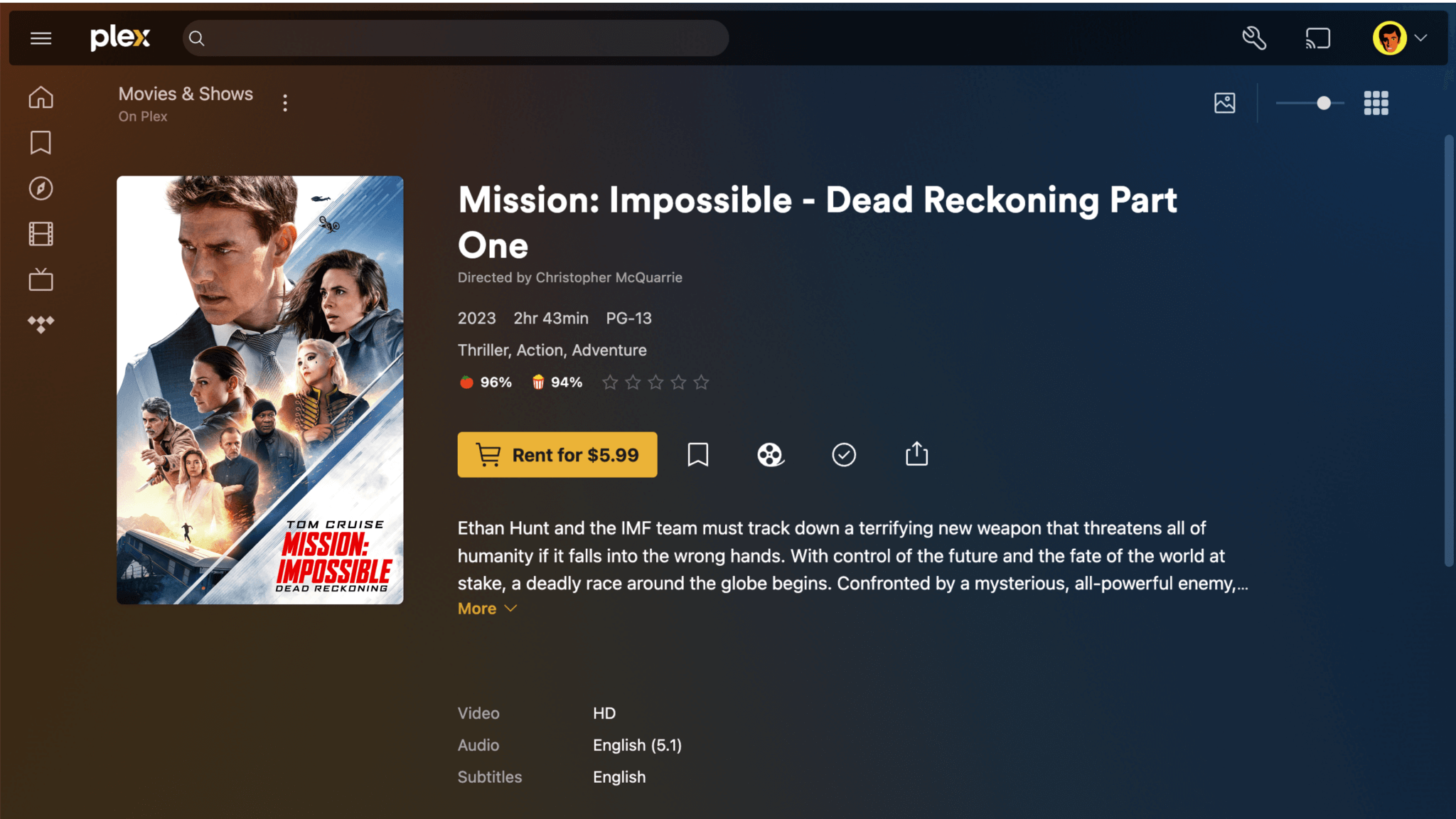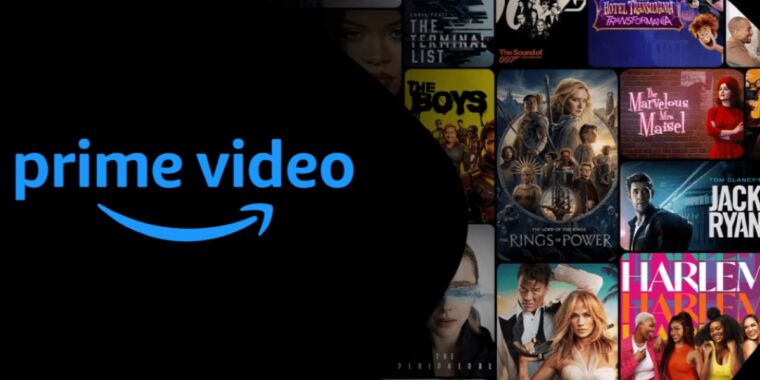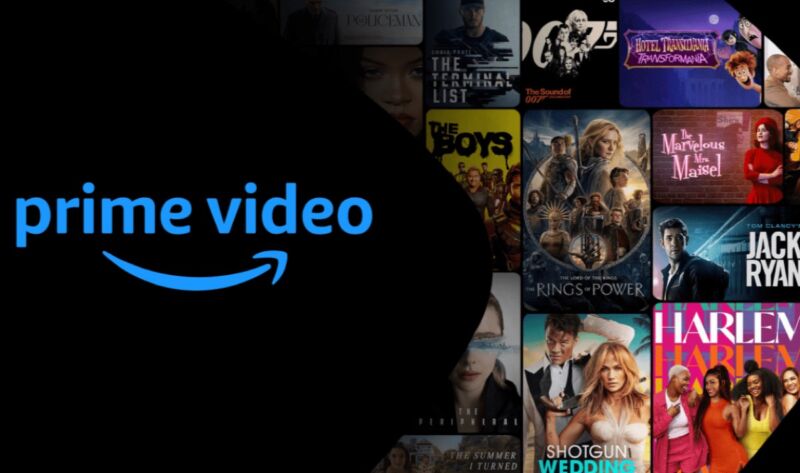AMC to pay $8M for allegedly violating 1988 law with use of Meta Pixel
Stream like no one is watching —
Proposed settlement impacts millions using AMC apps like Shudder and AMC+.

On Thursday, AMC notified subscribers of a proposed $8.3 million settlement that provides awards to an estimated 6 million subscribers of its six streaming services: AMC+, Shudder, Acorn TV, ALLBLK, SundanceNow, and HIDIVE.
The settlement comes in response to allegations that AMC illegally shared subscribers’ viewing history with tech companies like Google, Facebook, and X (aka Twitter) in violation of the Video Privacy Protection Act (VPPA).
Passed in 1988, the VPPA prohibits AMC and other video service providers from sharing “information which identifies a person as having requested or obtained specific video materials or services from a video tape service provider.” It was originally passed to protect individuals’ right to private viewing habits, after a journalist published the mostly unrevealing video rental history of a judge, Robert Bork, who had been nominated to the Supreme Court by Ronald Reagan.
The so-called “Bork Tapes” revealed little—other than that the judge frequently rented spy thrillers and British costume dramas—but lawmakers recognized that speech could be chilled by monitoring anyone’s viewing habits. While the law was born in the era of Blockbuster Video, subscribers suing AMC wrote in their amended complaint that “the importance of legislation like the VPPA in the modern era of datamining is more pronounced than ever before.”
According to subscribers suing, AMC allegedly installed tracking technologies—including the Meta Pixel, the X Tracking Pixel, and Google Tracking Technology—on its website, allowing their personally identifying information to be connected with their viewing history.
Some trackers, like the Meta Pixel, required AMC to choose what kind of activity can be tracked, and subscribers claimed that AMC had willingly opted into sharing video names and URLs with Meta, along with a Facebook ID. “Anyone” could use the Facebook ID, subscribers said, to identify the AMC subscribers “simply by entering https://www.facebook.com/[unencrypted FID]/” into a browser.
X’s ID could similarly be de-anonymized, subscribers alleged, by using tweeterid.com.
AMC “could easily program its AMC Services websites so that this information is not disclosed” to tech companies, subscribers alleged.
Denying wrongdoing, AMC has defended its use of tracking technologies but is proposing to settle with subscribers to avoid uncertain outcomes from litigation, the proposed settlement said.
A hearing to approve the proposed settlement has been scheduled for May 16.
If it’s approved, AMC has agreed to “suspend, remove, or modify operation of the Meta Pixel and other Third-Party Tracking Technologies so that use of such technologies on AMC Services will not result in AMC’s disclosure to the third-party technology companies of the specific video content requested or obtained by a specific individual.”
Google and X did not immediately respond to Ars’ request to comment. Meta declined to comment.
All registered users of AMC services who “requested or obtained video content on at least one of the six AMC services” between January 18, 2021, and January 10, 2024, are currently eligible to submit claims under the proposed settlement. The deadline to submit is April 9.
In addition to distributing the $8.3 million settlement fund among class members, subscribers will receive a free one-week digital subscription.
According to AMC’s notice to subscribers (full disclosure, I am one), AMC’s agreement to avoid sharing subscribers’ viewing histories may change if the VPPA is amended, repealed, or invalidated. If the law changes to permit sharing viewing data at the core of subscribers’ claim, AMC may resume sharing that information with tech companies.
That day could come soon if Patreon has its way. Recently, Patreon asked a federal judge to rule that the VPPA is unconstitutional.
Patreon’s lawsuit is similar in its use of the Meta Pixel, allegedly violating the VPPA by sharing video views on its platform with Meta.
Patreon has argued that the VPPA is unconstitutional because it chills speech. Patreon said that the law was enacted “for the express purpose of silencing disclosures about political figures and their video-watching, an issue of undisputed continuing public interest and concern.”
According to Patreon, the VPPA narrowly prohibits video service providers from sharing video titles, but not from sharing information that people may wish to keep private, such as “the genres, performers, directors, political views, sexual content, and every other detail of pre-recorded video that those consumers watch.”
Therefore, Patreon argued, the VPPA “restrains speech” while “doing little if anything to protect privacy” and never protecting privacy “by the least restrictive means.”
That lawsuit remains ongoing, but Patreon’s position is likely to be met with opposition from experts who typically also defend freedom of speech. Experts at the Electronic Privacy Information Center, like AMC subscribers suing, consider the VPPA one of America’s “strongest protections of consumer privacy against a specific form of data collection.” And the Electronic Frontier Foundation (EFF) has already moved to convince the court to reject Patreon’s claim, describing the VPPA in a blog as an “essential” privacy protection.
“EFF is second to none in fighting for everyone’s First Amendment rights in court,” EFF’s blog said. “But Patreon’s First Amendment argument is wrong and misguided. The company seeks to elevate its speech interests over those of Internet users who benefit from the VPPA’s protections.”
AMC to pay $8M for allegedly violating 1988 law with use of Meta Pixel Read More »
